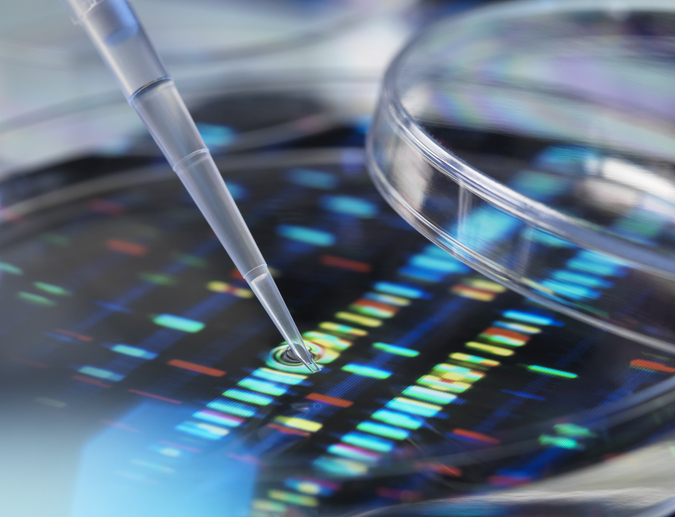A company founded on deep knowledge of semiconductors is working on a technology designed to efficiently characterize cells for advanced therapy medicinal products (ATMPs). Cytomos, which presented at a Dragon’s Den session at bioProcessUK last month, is using electrical fields to measure cell properties.
The insights gained, according to Lindsay Fraser, PhD, CSO, could be used to monitor cell manufacturing processes.
“We create a unique digital fingerprint of what cells look like and, if they deviate from that profile, something is going on—which could be good or catastrophic,” she explains, adding that changes in the shape of cells could indicate that they are not developing correctly and, if undetected, are known to cause high rates of batch failure.
Alternatively, a change in the shape of induced pluripotent stem cells (IPSCs) during manufacturing, for example, could be used to monitor their transformation into cardiomyocytes, and heart cells—better for manufacturing.
Distortions of the electric fields
The new technology, which is currently being validated with collaborators, passes cells over a microchip that generates a complex electric field. The flow of single cells channelled directly across a proprietary chip sensor creates distortions of the electric fields, i.e., created and measured at different frequencies and used to construct an algorithmically generated 2D scatter plot where each dot is a cell.
Although these 2D plots look like the output of a flow cytometer, notes Fraser, the technology is quite different.
“When compared to flow cytometry, we don’t use lasers and optics,” she says. “We [create a unique] digital fingerprint [of attributes] taken from [each individual] cell. Our approach, however, contrasts with other analytical techniques often used for monitoring advanced therapy manufacturing, which often relies on monitoring metabolites or other indirect measures of cell health.”
According to Fraser, defining what a ‘good quality cell’ looks like can give a better understanding of the biology and may help streamline future ATMP development processes.
Cytomos is set to offer products and services to early adopters by the second quarter of 2024. This will include supporting the setup of the instrument, cell screening, and data analysis.


